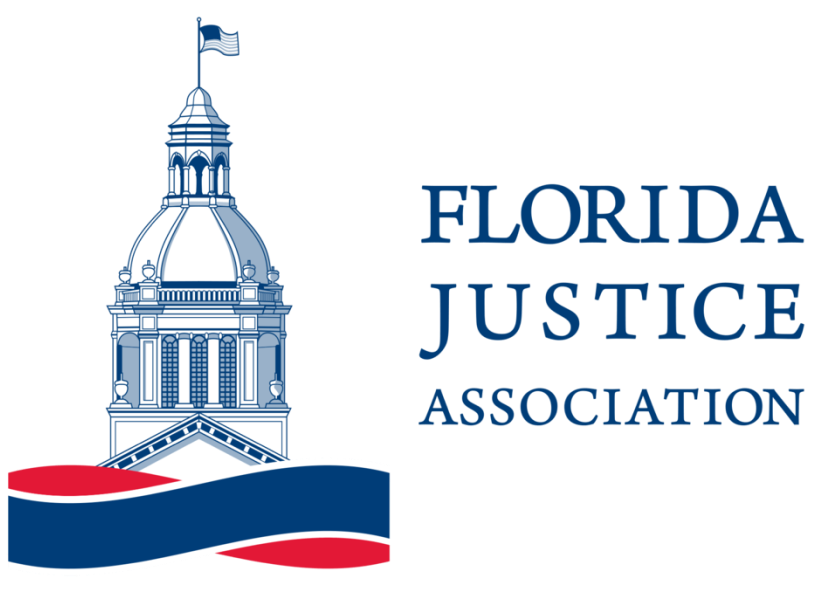Changes in Florida Laws in 2013
The new year brings in a number of new laws and changes, ranging from a pay increase for minimum-wage workers to new specialty license plates and a measure aimed at reducing motor vehicle accident fraud.
The minimum wage in Florida increased 12 cents, to $7.79 an hour Tuesday for the estimated 210,000 minimum wage workers across the state. Under a 2004 constitutional amendment, Florida’s minimum wage is recalculated every year and is tied to the inflation rate. Minimum wage increases affect the restaurant industry, but the increase is not as much as in some past years, said Ray Tharp, general manager of the Lake Placid Golden Corral. “The thing that hurts the restaurants in Florida the most is the fact that the minimum wage is going to go up every year,” he said. “It will affect [profit] margins a little bit.” Before the minimum wage got up “so high,” it was “like nothing” to have several people in the kitchen working 50 hours a week and getting 10 hours overtime, Tharp said. Federal legislation could also affect hiring decisions, he noted.
A wide-ranging motor vehicle law that took effect Tuesday legalizes the speed trap warning practice of flashing your headlights to alert oncoming drivers that police are lurking on the roadside ahead.
Other changes range from allowing homeless people to get free state identification cards to creating a pair of new specialty license plates — for Vietnam War veterans and those who have won the Combat Infantry Badge. Highlands County Tax Collector Eric Zwayer said the state currently has 120 specialty tags. The process to introduce a new specialty tag was changed not too long ago, he noted. At least 2,000 tags have to be pre-sold before the Legislature will consider a new one. Florida for years has had dozens of specialty plates to raise money for various purposes, including scientific research, education and charities. Now, Florida has a new revenue-raising opportunity through specialty driver licenses and ID cards honoring public and private universities, professional sports teams and all branches of the military. There will be an additional fee of $25, with half going to the Department of Highway Safety and Motor Vehicles and the other half to designated public or private organizations.
The new motor vehicle law also prohibits swamp buggies from operating on state roadways unless permitted to do so by local governments, and allows golf carts to drive on sidewalks that are at least 5 feet wide alongside state highways.
Legislative changes to Florida’s no-fault car insurance law that went into effect Tuesday are aimed at reducing fraud, with the hope of at least reducing increases in premiums. One of the two main changes specifies that in order for treatment for an injury to be covered under the Personal Injury Protection system, the treatment must be sought within two weeks of a car crash. The other change sets a limit on non-emergency treatment of $2,500 and limits the types of treatments covered. For example, massage therapy and acupuncture will no longer be reimbursed.
Rates for Citizens Property Insurance Corp. customers will begin to rise as the state-backed insurer is allowed to raise rates up to 10 percent a year under a “glide path” approved by lawmakers that caps rate hikes for the nearly 1.5 million policyholders now insured by Citizens.
Also new, the Florida Safe Harbor Act is designed to protect and provide shelter for sexually exploited children. It includes provisions that require police to turn over to the Department of Children and Families any children who are alleged to be sexually exploited or dependent for assessment and possible shelter. The department can then place such a child in a safe house if one is available. The new law also has requirements for safe houses. Another provision increases civil penalties from $500 to $5,000 for some violations related to prostitution. It directs $4,500 of every fine going to the department to fund safe houses and short-term safe houses. The remaining $500 will go, as it now does, for treatment-based drug court programs.
From the Highlands Today
Leave Your Reply
You must be logged in to post a comment.













